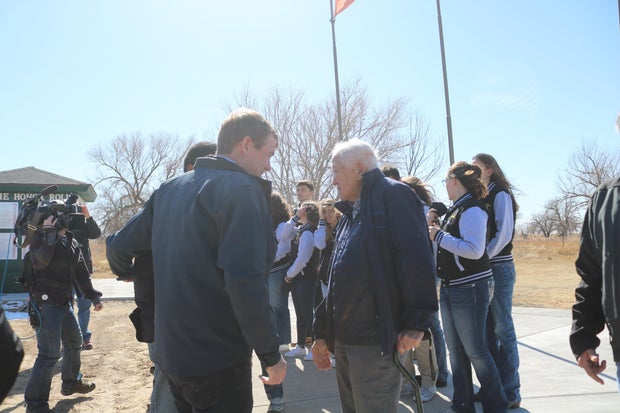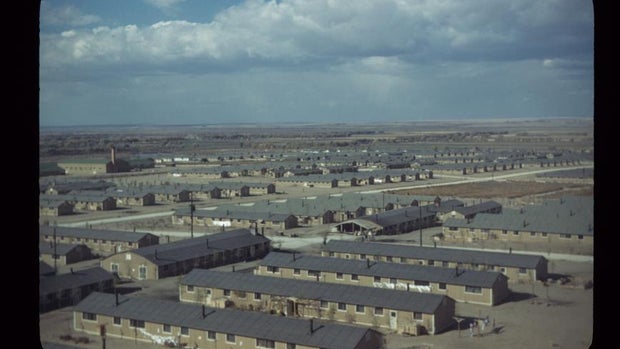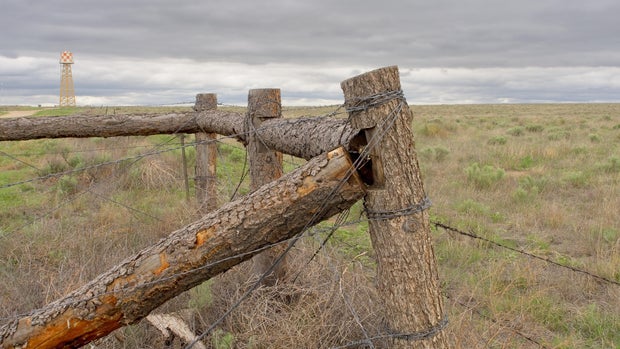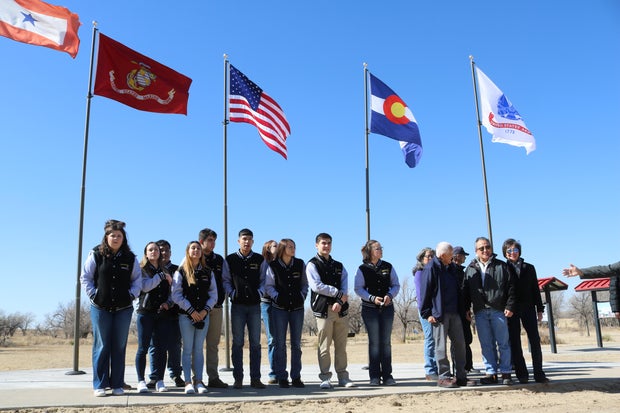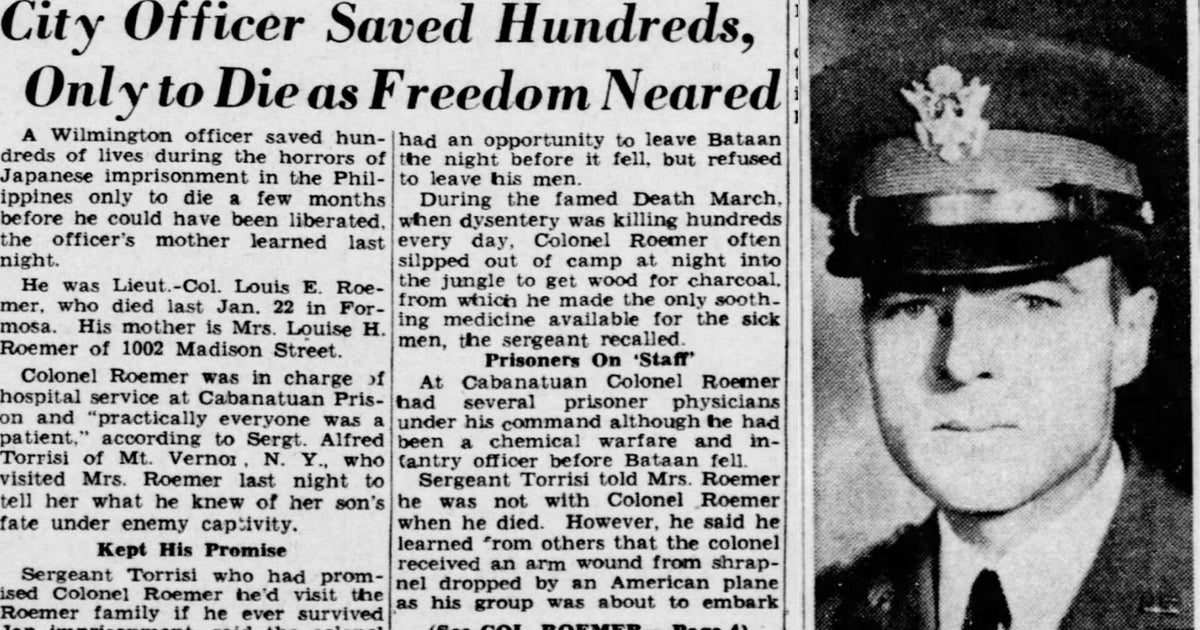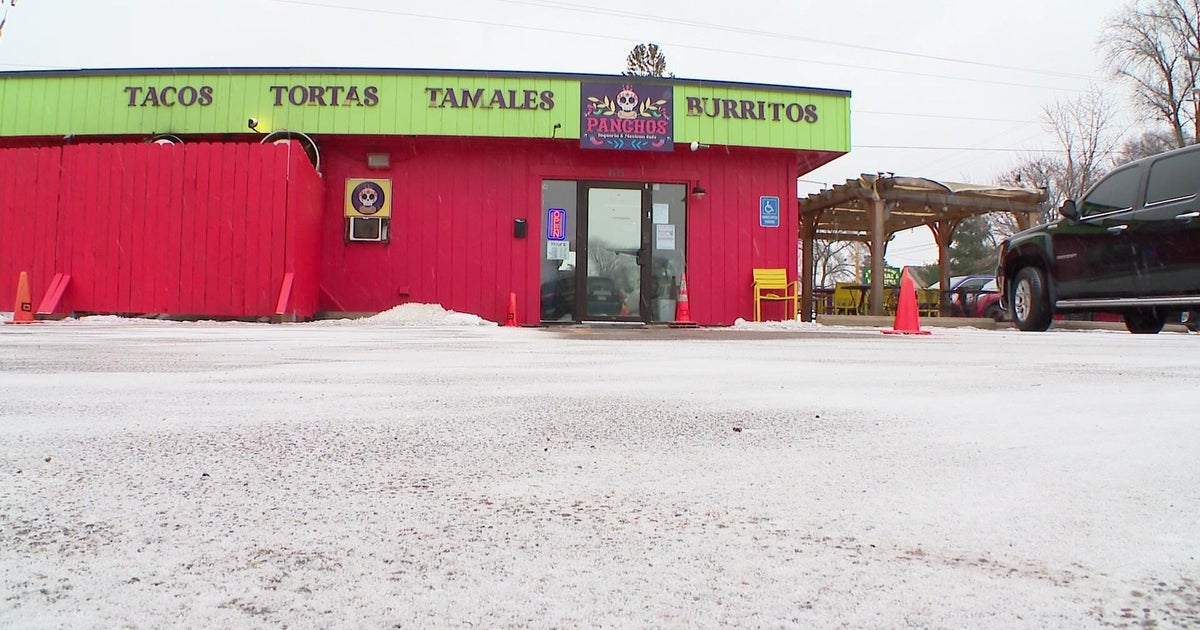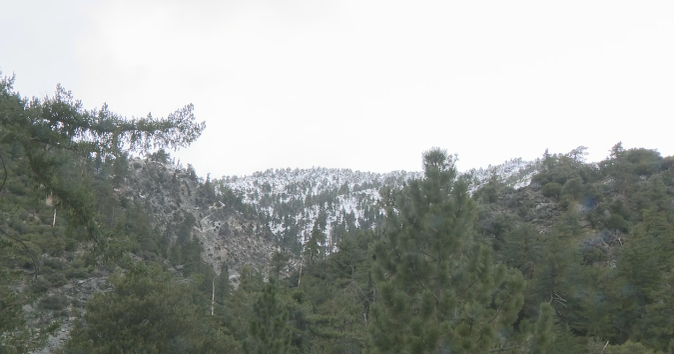Bob Fuchigami, advocate for Japanese Americans incarcerated in Colorado during WWII, dies at 94
Bob Fuchigami, who was imprisoned in the Amache incarceration camp in Colorado during WWII and spent much of his life advocating for Japanese-Americans, has died at the age of 94.
Fuchigami was one of over 10,000 Japanese Americans who passed through Camp Amache, also known as the Grenada Relocation Center, during WWII. After the Japanese bombing of Pearl Harbor on Dec. 7, 1941, President Franklin D. Roosevelt signed Executive Order 9066 to forcibly relocate and imprison those with Japanese ancestry in the fear they might support Japan during the war. Two-thirds of those imprisoned were American citizens.
In a 2022 National Parks, Forests, and Public Lands hearing, Fuchigami said, "Amache is a traumatic subject for me. It's very personal, and it has been for most of my life."
Fuchigami, who was a second-generation Japanese American, was 11 when the U.S. Army forcibly removed his family from their fruit and vegetable farm in Marysville, Cali. in 1942.
"The time frame given us was less than one week," said Fuchigami. "We were told to report to the local train depot with only what we could carry. No destination given. No reason given except two vague words, 'military necessity.' No charges were leveled against us. No trial, no hearings. We were loyal, patriotic, law-abiding citizens who had never done anything wrong."
After being sent to the Merced Detention Center, his family was relocated again to Camp Amache in southeast Colorado. They were incarcerated there for three years. Fuchigami said they lost everything.
At its peak occupancy, Camp Amache held over 7,300 internees. According to the National Park Service, many of the people sent to Camp Amache came from California. They said that the camp was the smallest of the 10 relocation centers, but was still the 10th largest city in Colorado before it closed in 1945.
RELATED: Film "Amache Rose" brings dark Colorado history into the light
"The first winter at the center was particularly hard as most of the internees were from California and had no heavy clothing. A family consisting of seven or fewer members was assigned to one cramped room measuring 20 by 24 feet," said the NPS.
Fuchigami's family of 10 was given two rooms in a military barracks, each containing five cots and a single lightbulb. Gaps in the walls allowed dust and snow to blow inside, he said. Like most internment camps across the country, mess halls, toilets, and showers were communal, and the compound was surrounded by barbed wire with guard towers manned by military police.
Fuchigami advocated for decades to preserve the history of the people imprisoned at the camp and pushed for the Amache National Historic Site Act.
"Along with many other survivors and descendants, I have long advocated for Amache to be protected and preserved as a national park site so that this history can no longer be ignored, forgotten or remain invisible," Fuchigami said.
The Act was signed in 2022, and in February 2024, former Secretary of Interior Deb Haaland formally established Amache National Historic Site in Colorado. As survivors and their descendants choked back tears, Haaland said their stories are ones we all need to hear: "You not only bear the burden of this history, but you also bear the burden of sharing it."
"Today, the cemetery, a reservoir, a water well and tank, the road network, concrete foundations, watch towers, the military police compound, and trees planted by the internees still remain. In addition, the original security perimeter fence surrounds the site," said the NPS. The site has been maintained by the Amache Preservation Society.
A joint statement issued by Rep. Joe Neguse and Sen. Michael Bennet on Thursday honored Fuchigami's legacy and advocacy.
"We were deeply saddened to hear of the passing of Bob Fuchigami, a dear friend and an inspirational advocate.
"Bob was just eleven years old when his family was ordered to leave their home in California with no explanation of their destination and sent to the Granada Relocation Center on the Eastern Plains of Colorado, known as Amache. At such a young age, he was victim to one of the darkest scars in our country's history—the unconscionable incarceration of Japanese Americans.
"After surviving Amache, Bob served our nation in the U.S. Navy, and then dedicated much of his adult life to ensuring the story of his family and others like them were never forgotten or repeated. We were honored to support him in this effort—standing by his side when visiting Amache in 2022 and celebrating with him when our work together designated Amache as a National Historic Site.
"We extend our deepest condolences to the entire Fuchigami family and to all those who knew and loved Bob, as we did. His grace, fortitude, and endless wisdom will leave a lasting legacy."
